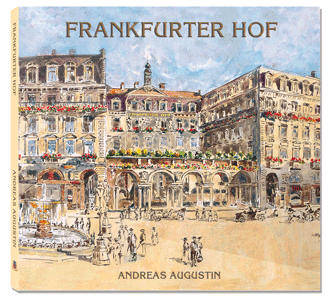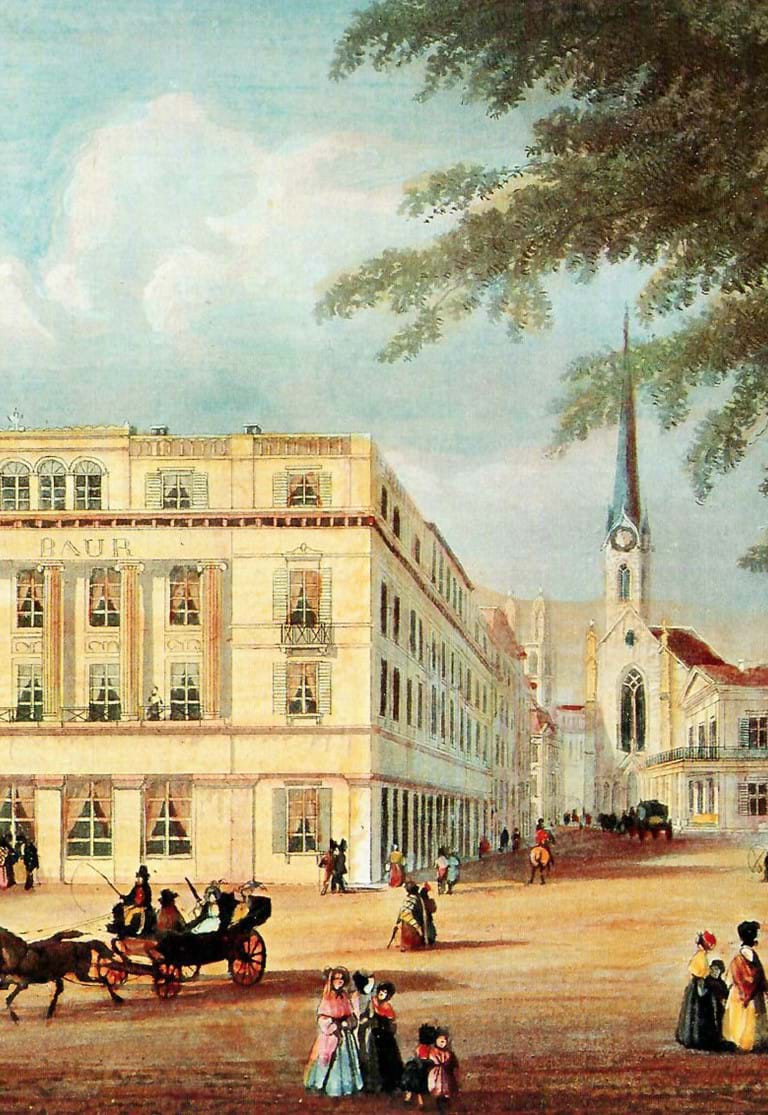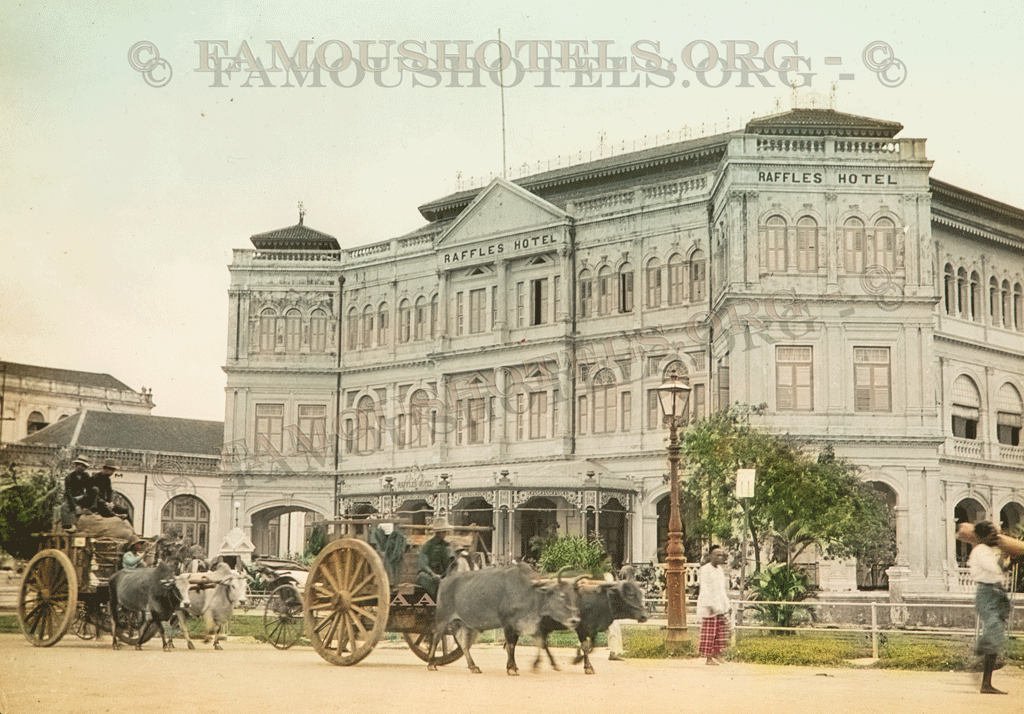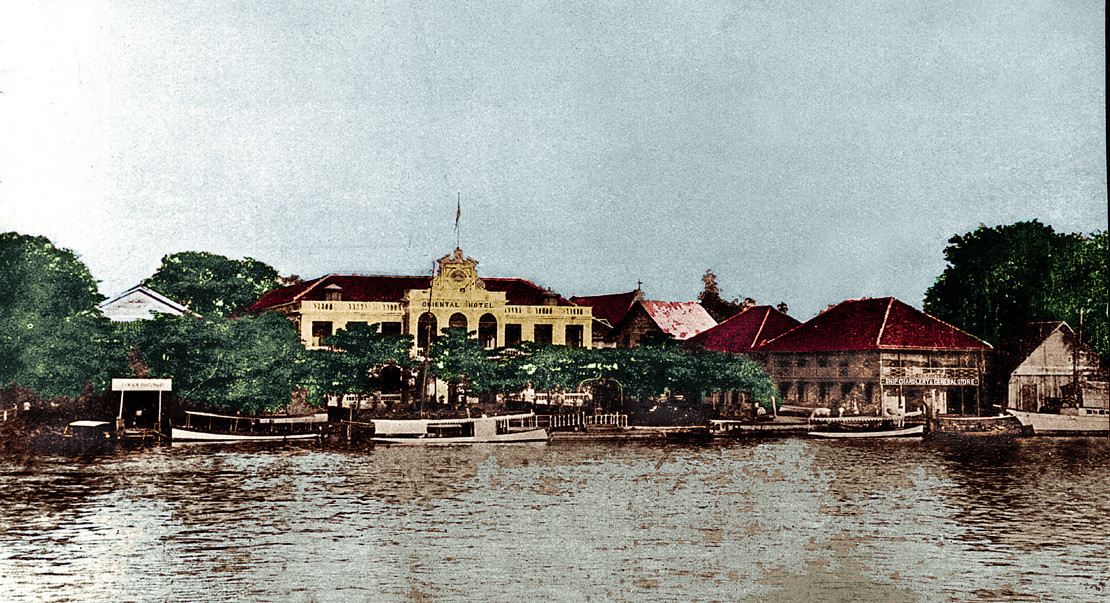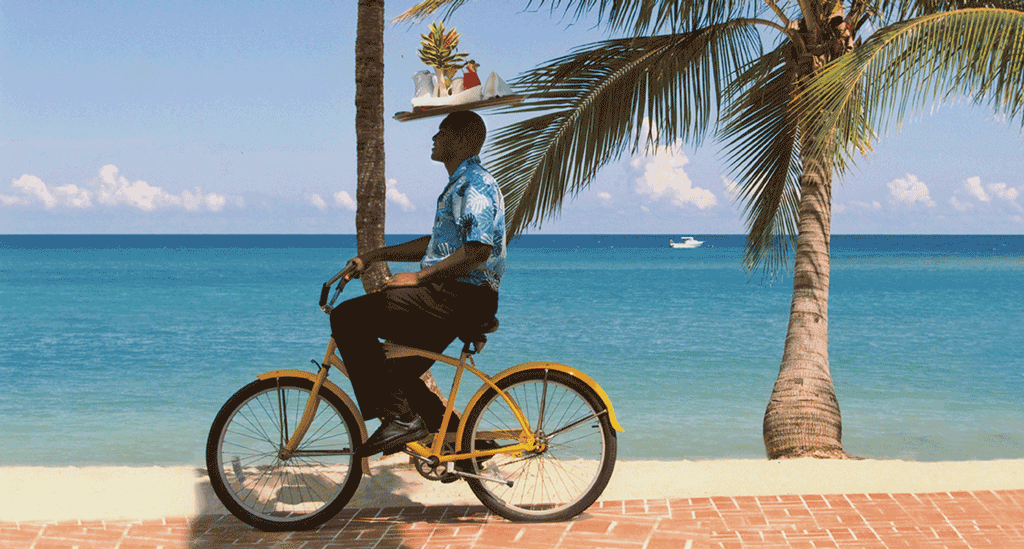History of Moscow Hotels
( words)
History of Moscow Hotels
The history of hotel business in Moscow is rooted in times when Moscow became the trade centre. Inns were the predecessors of modern hotels, which provided with ordinary accommodation and food. Palmers used to stay in monastic inns. In 16 century, in time of trade development there were inns especially for merchants. First inns were built in 12 century in Novgorod, when foreign commerce was developed. Inns developed into German, English, Greece, and Armenian national characteristic.
Inns' work in Moscow and in all Rus was regulated with code of rules. Skra code contained the rules of accommodation, payment, inn regulations, fire protection system, and etc. Skra is predecessor of Hotel services accordance in Russian Federation.
Peter the Great era gave the rise of foreign trade and hotel industry development. Though Saint-Petersburg was the capital of Russia, Moscow was the largest trade centre as before. In the middle of 18 century first hotels of European style were opened in Moscow. In the beginning of 19 century, 11 twin two-storeyed hotels were built on Bulvarny ring, in proximity to Prechistinskie, Nikitskie, Sretenskie, and Pokrovskie gates. Nowadays you can find one of those buildings of architect V. Stasov, who was the architect of edifices in Saint Petersburg and other cities.
In 19 century the number of hotels in Moscow was increased. Monastic inns were transformed into hotels. By the middle of 19 century there were a large number of hotels, full and half boarding houses, and furnished apartments for people with low income.
By 1910 228 hotels and 7 inns worked in Moscow. The largest hotels were Grand Hotel, Boyarsky Dvor, Novomorskaya Hotel, Europe, Slaviansky Bazaar. The most popular hotels were National Hotel, Metropol Hotel, and Savoy Hotel. The restaurants of many of these hotels were well-known in Russia.
After the October revolution all hotels were nationalized or closed. The largest hotels became the houses of Unions, where the representatives of government lived. For example, Soviet government stayed in National Hotel, in 107 room of this hotel Lenin and Krupskaya lived. In 20-30s the building of first Soviet hotels started. Their building was carrying out during the reconstruction of Moscow centre. In 1930 Okhotny ryad with its shops, stores, pubs, and churches, including Paraskavel Friday chapel were destroyed, new Moscow Hotel was built. In fifties Altai Hotel, Zarya Hotel, Golden ear Hotel, Ostankino, Tourist, Yaroslavskaya, Ukraine Hotel, and Leningradskaya Hotel were the largest in Moscow. In succeeding years new hotels in Moscow, such as Uzhnay, Salut, Aeroflot, Izmailovo were built outside Boulevard ring due to the end of city centre restoration and lack of place there.
All hotels of USSR became famous for lack of free rooms. This feature gave a food for satire. Tourist Hotel and other hotels where foreigners stayed were surrounded with special atmosphere. Black-marketeers and government security services concentrated their attention on these hotels.
Perestroika changed many things in hotel business. Many hotels became the part of new business. Radisson, Marriot, Swisshotel nets appeared in the labour-market. Heliopark and Katerina-City were their competitors. Balshcug Kempinsky, Ararat Park Hayatt, President Hotel five-star hotels of Moscow were new symbols of comfort and luxury. A number of mini-hotels have been opened lately, but three-star hotels were more popular due to high level of service and wide choice of facilities.
Moscow is a business centre, so many hotels offer business facilities. Such hotels as Mezhdunarodnaya Hotel, Iris Congress, and Cosmos specialize in organization of business events, offer modern equipment and wide choice of business amenities.
New hotels are built every year. There were 170 hotels in 2005, in the middle of 2006 - 180, in the middle of 2007 - 203. New hotels are very expensive, still there is lack of available hotels in Moscow. According to results of Business Travel International company's investigations, hotel prices in Moscow are higher than in London, New York, and Paris. Tri Hospitality consulting company displayed that profit from one room in Moscow is higher than in 10 largest Europe cities.
This statistics worries Moscow government; in April 2007 a general plan of hotels location in Moscow was accepted. According to this plan 248 new three-star hotels will be built by 2010. If the plans are carried out Moscow Hotels will be able to place 180-200 thousands tourists every day.
(from: //moscow-hotels.com)

